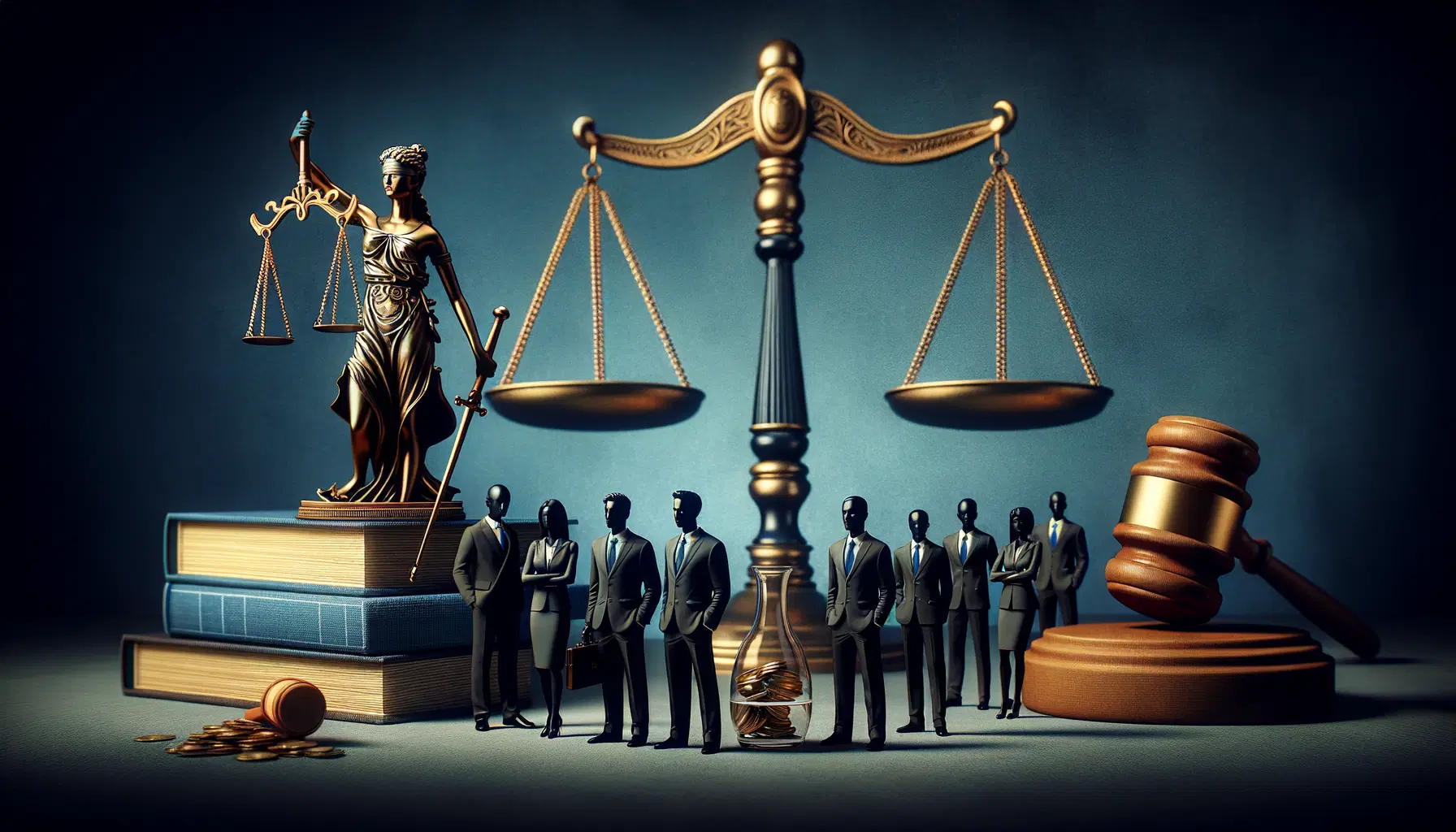
Have you ever wondered how legal terms in Korean reflect everyday life and core values? During my time in Seoul, I realized that 법 (beop), or law, is not just about rules but also about preserving ++사회적 질서 (sahoejeok jilseo)++, which means social order. When you delve into words like 인권 (inkwon) for human rights, you see how individuals’ fundamental liberties are protected by statutes. Similarly, 평등 (pyeongdeung) highlights the importance of treating everyone equally before the law, and 자유 (jayu) celebrates personal freedom as a significant foundation of society. Every time I discover a new term, I’m wonderfully reminded of just how closely language and culture are intertwined.
In my early days of studying Korean, I found it exciting to learn everyday phrases that contain legal concepts. For instance, you might hear the phrase 법적 책임 (beopjeok chaegim), or legal responsibility, when discussing business matters. Another example is 민법 (minbeop), which refers to civil law and might arise when talking about contracts or property. These terms can feel daunting at first, but they slowly become more essential as you see how closely they’re connected to day-to-day life.
I remember one moment that truly showcased the relevance of legal terms. A friend and I were planning to open a small café, so we wrote down a numbered list of steps to keep track:
Obtain the 사업자 등록증 (saeopja deungnokjeung), or business registration license
Complete ++법적 절차 (beopjeok jeolcha)++, meaning all legal procedures
Follow any additional 규정 (gyujeong), or regulations, required by local authorities
This experience taught me how responsible documentation and a basic grasp of the law go hand in hand with entrepreneurial success. Before that, I’d never realized these terms could become a central part of my everyday vocabulary.
• Learning about ++형사 재판 (hyeongsa jaepan)++, or criminal trials, helped me appreciate how society upholds order. • Reading news articles about 헌법 (heonbeop), the constitution, revealed the weight of civic duties. • Hearing legal references in K-dramas made me curious about people’s rights and obligations. • Observing how locals talk about ++거래 (georae)++, which means trade or transaction, showed me how law shapes economic interactions.
Everything feels connected in a way that is both fascinating and deeply humane. Each term carries traces of history, ethics, and the collective spirit of Korean society.
Conclusion
Understanding Korean law-related vocabulary provides fresh insight into how community life is structured. It not only heightens your language skills but also broadens your cultural lens. Every new word or phrase reveals a layer of values and social responsibility. So, if you find yourself intrigued by Korean language, don’t hesitate to explore legal expressions as part of your journey. You might be surprised at how quickly these terms become a natural part of your everyday conversations.
References - Lee, J., & Kim, S. (2019). Korean Law and Society. Seoul Publishing. - Park, H. (2020). Understanding the Korean Legal System. Han River Press. - Choi, M. (2018). The Role of Justice in Korean Culture. Journal of Korean Studies. - Kore Anayasa Mahkemesi Resmi Web Sitesi. (Erişim Tarihi: 2023)